Understanding Home Loan Interest Rates: What Buyers and Sellers Need to Know
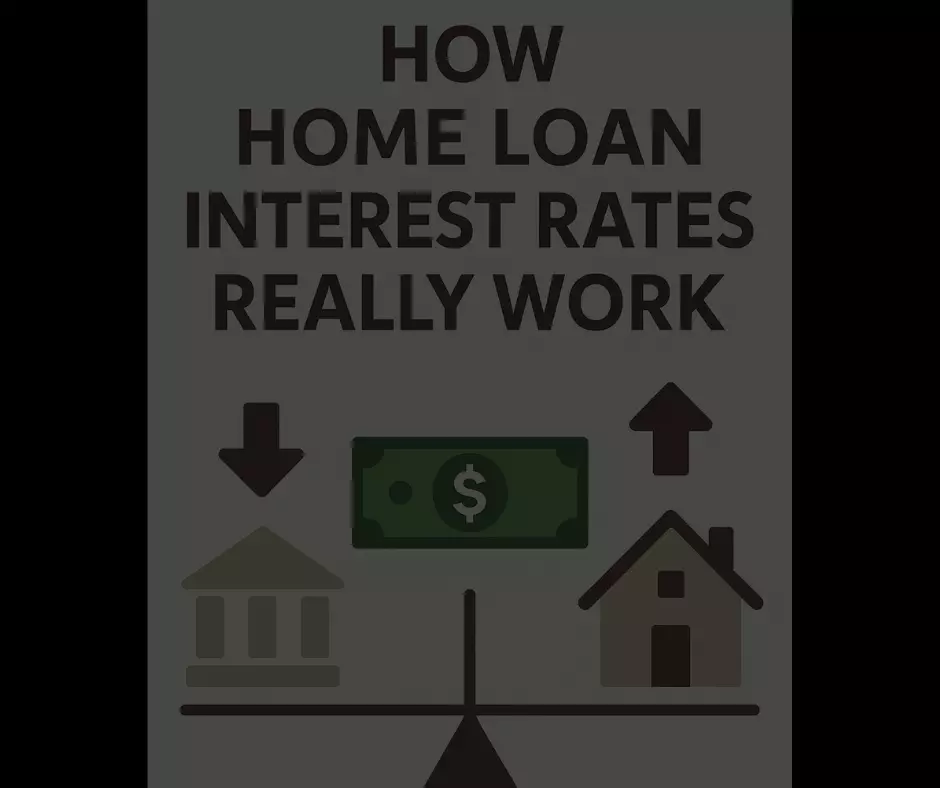
Understanding Home Loan Interest Rates: What Buyers and Sellers Need to Know
Fed rate cuts, Fed rate hikes… it’s all over the headlines. But what does that actually mean for your home loan? Spoiler: it’s not as direct as you might think. Let’s make sense of it
The Federal Reserve and Interest Rates
The Federal Reserve (often just called “the Fed”) controls what’s known as the federal funds rate. This is the short-term rate banks charge each other for overnight loans.
-
Directly impacted by Fed rate cuts/raises: credit cards, auto loans, home equity lines of credit (HELOCs), and other short-term borrowing.
-
Not directly impacted: long-term home loan (mortgage) interest rates.
So while the Fed’s moves do affect overall borrowing costs, mortgage rates don’t automatically drop every time the Fed cuts its rate. Instead, they follow a different path - one that leads us into the bond market.
The Bond Market’s Role
Fixed-rate mortgages (like the standard 30-year loan) are more closely tied to the bond market - specifically the 10-year U.S. Treasury note. Why? Because investors see mortgage-backed securities (MBS) as relatively similar to Treasuries: both are long-term, relatively safe investments.
When investors are nervous about the economy, they flock to Treasuries. Higher demand for Treasuries pushes yields (returns) down - and mortgage rates typically follow.
When investors pull money out of bonds to chase higher returns elsewhere, Treasury yields go up - and so do mortgage rates.
How It All Works Together
-
The Fed influences short-term rates, which can impact the economy’s overall direction.
-
Investors respond to economic signals, inflation reports, and Fed moves by buying or selling bonds.
-
Those movements in the 10-year Treasury yield influence what you’ll see offered as a home loan interest rate.
Think of it like a ripple effect: the Fed tosses the stone, the bond market makes the waves, and mortgage rates are the result.
Why This Matters for Buyers and Sellers
-
For Buyers: A lower mortgage rate means lower monthly payments, which increases buying power. Watching bond yields can give you a better sense of where rates are headed than the nightly news about the Fed.
-
For Sellers: When rates drop, more buyers can afford to be in the market. This often boosts demand for homes, which can support stronger offers and faster sales.
The Bottom Line
Mortgage rates don’t move in lockstep with Federal Reserve announcements - but they are influenced by the broader financial ecosystem. If you’re planning to buy or sell, keeping an eye on the bond market and 10-year Treasury yields can give you a clearer picture of what’s happening with home loan interest rates.
And the good news? You don’t have to follow all the charts and graphs - I’ll keep you informed on what matters most for your buying or selling strategy here in Savannah.
Frequently Asked Questions About Home Loan Interest Rates
Does the Federal Reserve set mortgage rates?
No. The Fed sets the federal funds rate, which is a short-term rate between banks. Mortgage rates are long-term and instead track with the bond market - specifically the 10-year Treasury yield.
Why don’t mortgage rates drop every time the Fed cuts rates?
Because mortgage rates aren’t directly tied to the Fed’s rate. They move based on investor demand for mortgage-backed securities and Treasury bonds. Sometimes rates even change before the Fed announces anything, because investors are reacting to expectations.
What’s the difference between the federal funds rate and a mortgage rate?
-
Federal funds rate: affects short-term borrowing (credit cards, auto loans, HELOCs).
-
Mortgage rate: based on long-term bond yields, influenced by economic outlook and inflation.
Why is the 10-year Treasury note so important?
The 10-year Treasury is considered one of the safest investments. Mortgage investors look at its yield as a benchmark, so when Treasury yields rise or fall, mortgage rates usually follow.
Can I time my home purchase around interest rate changes?
It’s tough - even the pros can’t predict exact rate movements. Instead of waiting for the “perfect” rate, it’s often better to focus on finding the right home. You can always refinance later if rates drop significantly.
Thinking about making a move? Let’s chat about how today’s rates affect your real estate goals.
Contact Me - Search Properties For Sale - 1 Click to Everything
Categories
Recent Posts
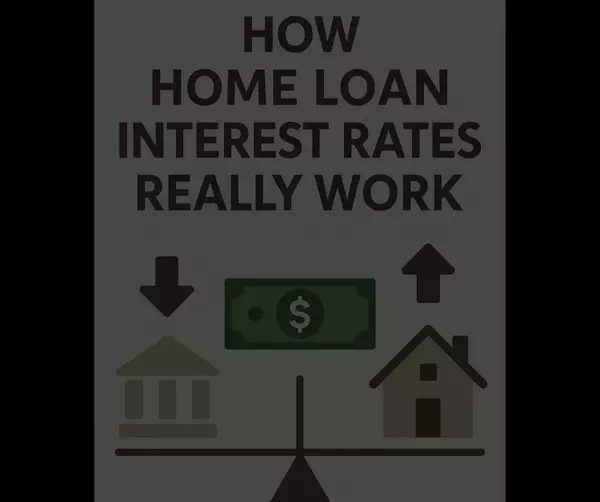
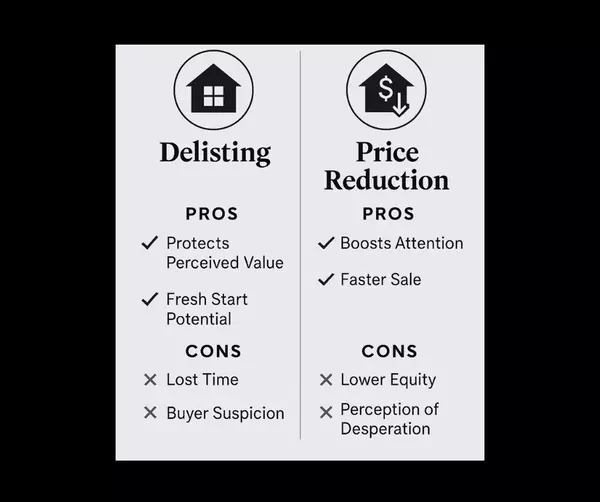
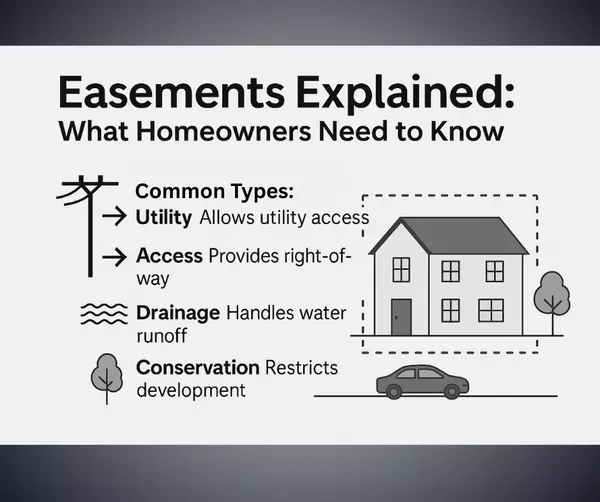
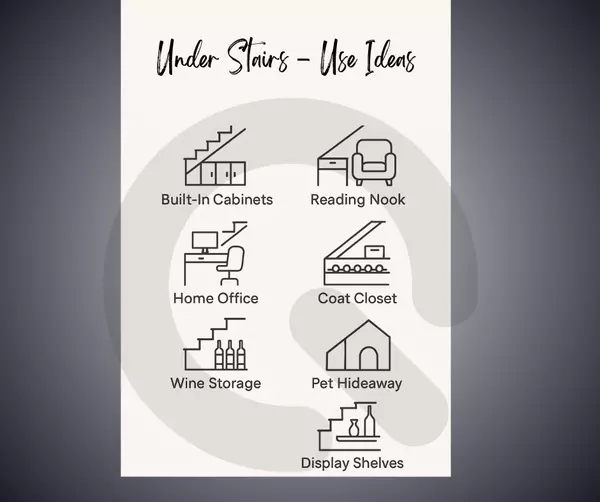






GET MORE INFORMATION


